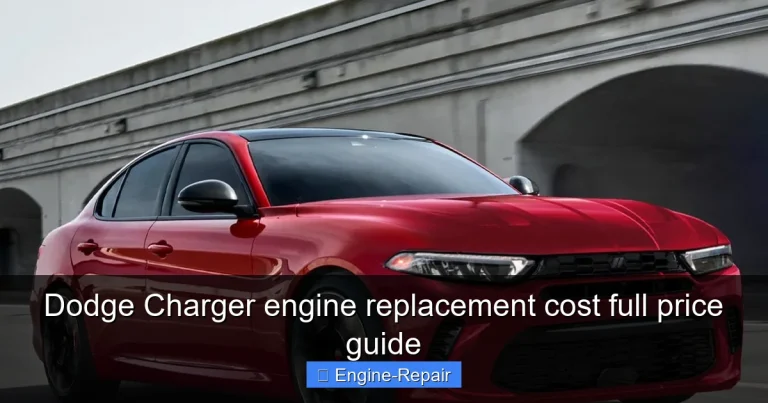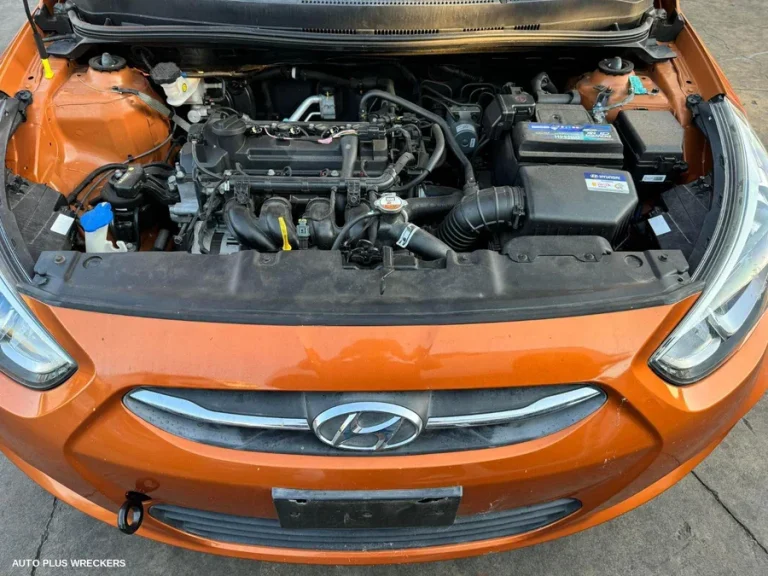Chevy Sonic Engine Replacement Cost 2025 Guide

Featured image for chevy sonic engine replacement cost
Image source: i.ytimg.com
chevy sonic engine replacement cost is an essential topic that provides valuable insights and practical knowledge.
This is a comprehensive guide about chevy sonic engine replacement cost.
Key Takeaways
- Understanding chevy sonic engine replacement cost: Provides essential knowledge for making informed decisions
- Practical applications: Can be applied in various real-world scenarios
Quick Answers to Common Questions
What is chevy sonic engine replacement cost?
chevy sonic engine replacement cost refers to essential knowledge and techniques.
Frequently Asked Questions
What is chevy sonic engine replacement cost?
chevy sonic engine replacement cost is an important topic with many practical applications.






